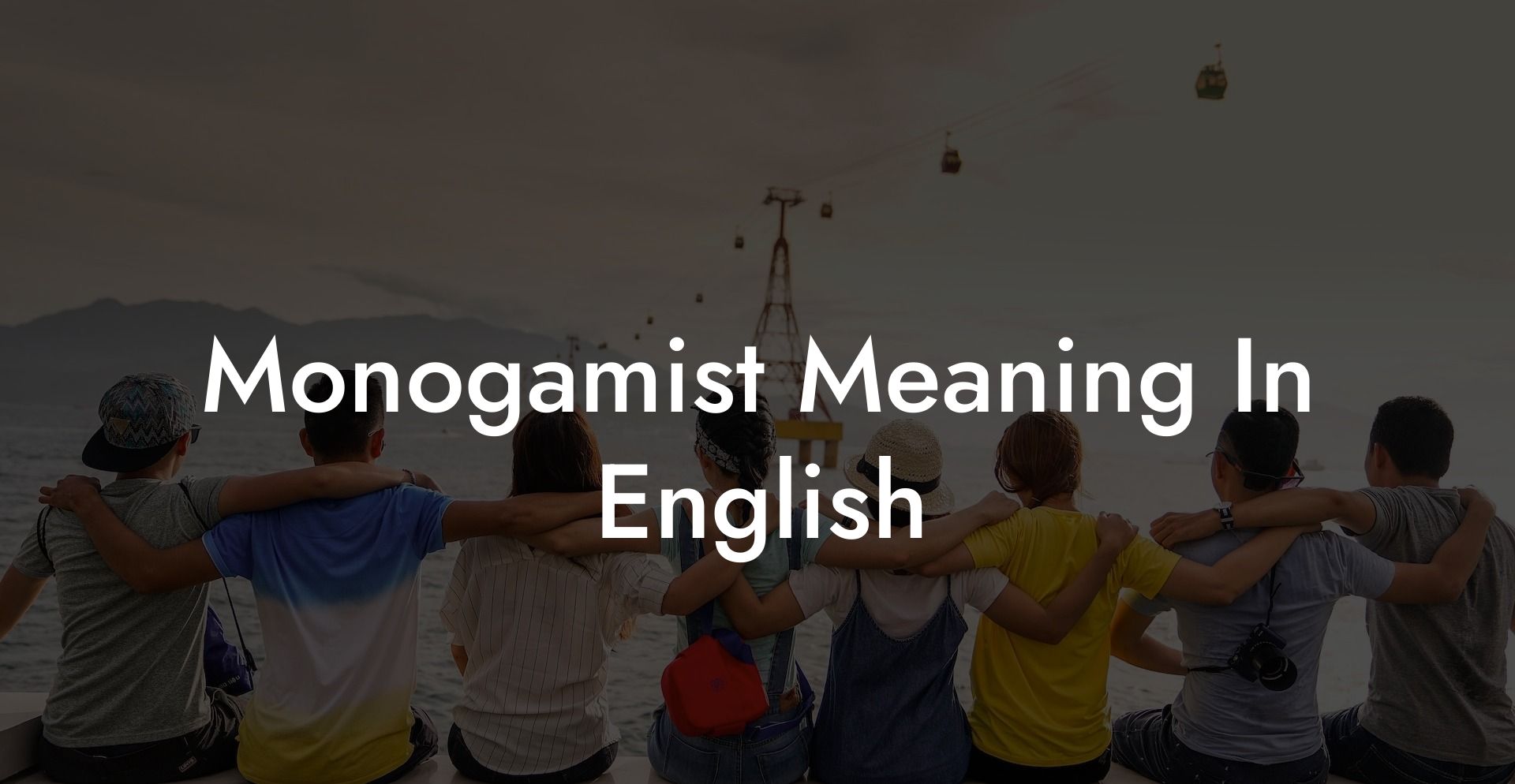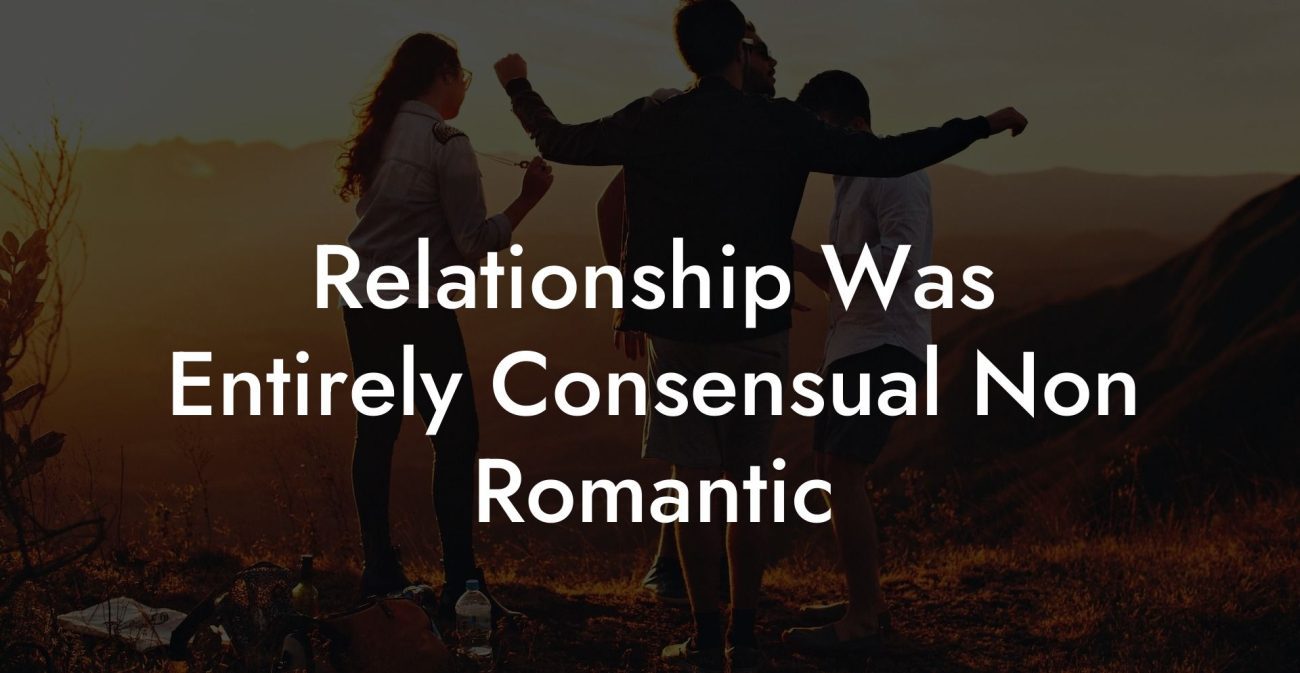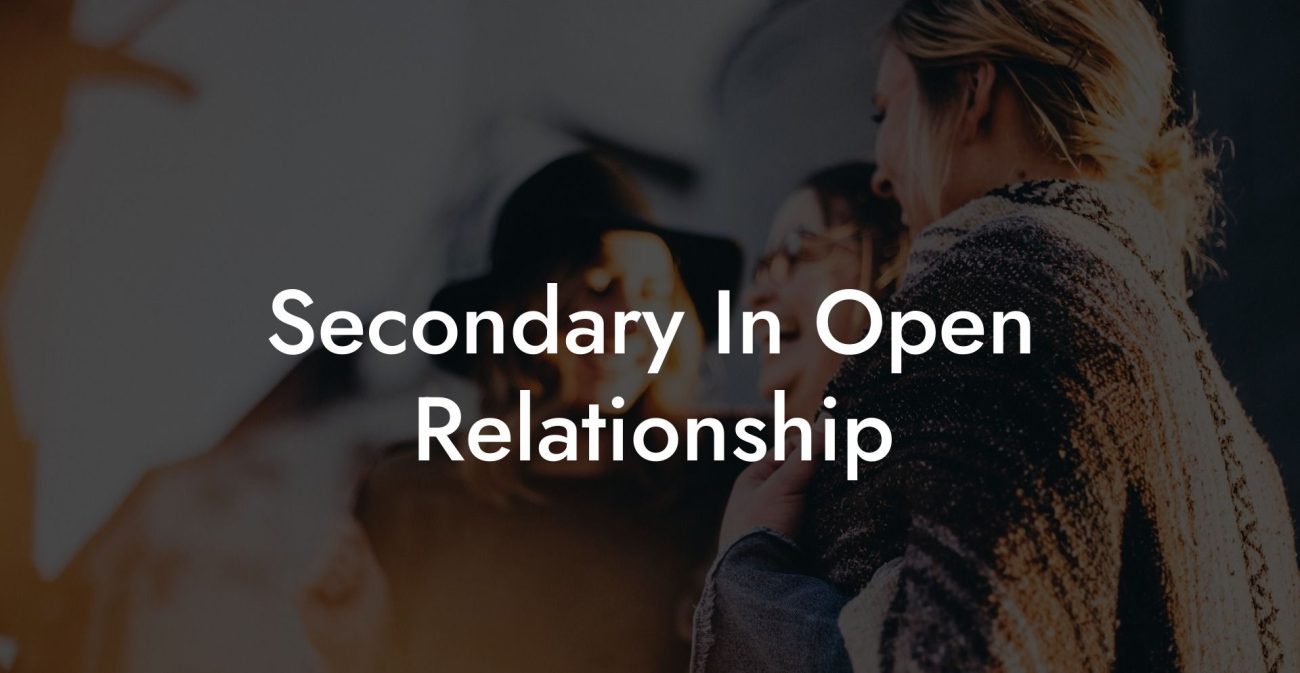In today's ever-changing world, relationships and partnerships are more diverse than ever. Amidst this diversity, the concept of monogamy remains a cornerstone of society. But what does it mean to be a monogamist in the English language, and how does it relate to other forms of relationships, like non-monogamy and polyamory? In this article, we will delve into the monogamist meaning in English, its significance in our modern society, and how it compares to alternative relationship styles. So, let's take a journey into one of the most discussed and debated aspects of human behavior—monogamy.
Monogamist Meaning In English Table of Contents
Monogamy, by definition, refers to the practice of being in a committed relationship with a single partner for an extended period or for life. A monogamist, therefore, is a person who adheres to monogamous principles and views this relationship style as their preferred or only option. Monogamy is considered the traditional and most socially accepted form of partnership, possibly because of its historical and religious origins.
In contrast, non-monogamy is an umbrella term for various relationship styles that do not adhere to the principles of monogamy. Polyamory is one form of non-monogamy where individuals openly engage in multiple intimate and romantic relationships with the full consent and knowledge of all parties involved. Other forms of non-monogamy include open relationships and swinging.
When looking at the monogamist meaning in English, it is essential to recognize that choosing monogamy is as valid a choice as any other relationship style. Personal preferences, cultural backgrounds, and individual experiences can influence one's decision to embrace monogamy or explore alternative options.
Example
Consider the example of Sarah and John. They have been in a monogamous relationship for five years and have built their partnership on trust, communication, and mutual respect. Both Sarah and John identify as monogamists and consider their bond to be exclusive and long-term. They see themselves as soulmates and are committed to nurturing a life together, solely with each other.
On the other hand, meet Lucy, Peter, and Tom, who are involved in a polyamorous relationship. They have clear communication rules and respect each other's boundaries. They have multiple loving relationships and value the connections they share with their multiple partners.
The key takeaway in both these examples is that different individuals have unique preferences when it comes to their relationships. However, all relationship styles can be fulfilling and valuable, provided they are built on communication, trust, and mutual respect.
As we wrap up our exploration of the monogamist meaning in English, we hope you have gained a deeper understanding of monogamy and how it fits within the broader relationship landscape. If you're currently exploring your relationship preferences or grappling with societal expectations, remember that there is no "right" or "wrong" choice – it's all about finding a compatible partnership that prioritizes mutual happiness, trust, and respect.
We invite you to share this article with others who might benefit from understanding the diverse spectrum of relationships that exist in today's world. And don't forget to explore our other guides on non-monogamy, polyamory, and relationships at The Monogamy Experiment – we're here to help you navigate the complex and ever-evolving world of love and partnerships.













